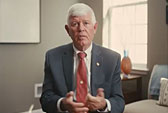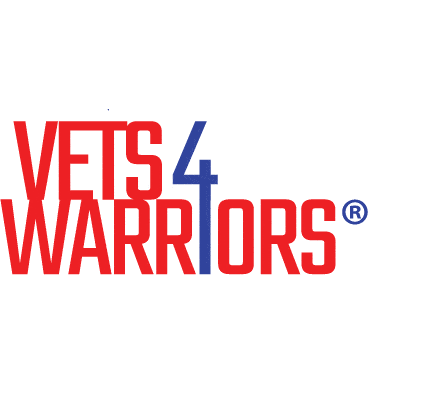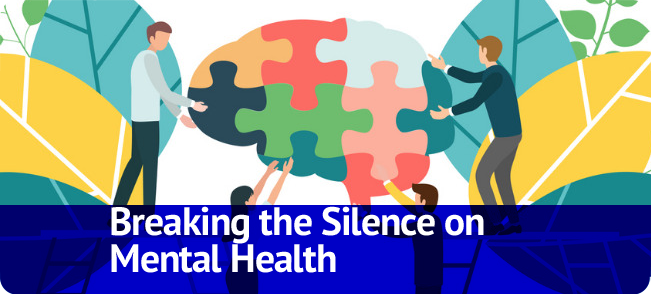You don’t have to face mental health challenges alone. About 1 in 4 veterans in the U.S. deals with issues like PTSD, depression, or suicidal thoughts, often in silence. That’s why we’re putting the spotlight on no-cost mental health resources designed specifically for the military community.
These programs range from veteran peer support, suicide prevention resources, veteran support groups, and local support groups to help veterans, service members, and families rebuild strength and community.
No-Cost Mental Health Resources
Here are some trusted programs offering easy access to mental health support – when and where you need it:
Wounded Warrior Project: Their Mental Health Triage team offers personalized recommendations for veteran mental health programs, all at no cost, helping you navigate your journey.
Cohen Veterans Network: With 22 clinics across 20 states, they provide in-person and telehealth services for PTSD, depression, anxiety, and more, accepting TRICARE and most insurances.
Stop Soldier Suicide (ROGER): This program offers free counseling and suicide prevention services, staffed by counselors who understand military life.
Headstrong Project: Provides 30 free PTSD treatment sessions for veterans and service members, with a small copay for extended therapy.
Emory Healthcare Veterans Program: A two-week, no-cost treatment program for PTSD, traumatic brain injury, and more, available in Atlanta or via telehealth in participating states.
Explore these resources or contact Vets4Warriors at 855-838-8255 or visit vets4warriors.com for 24/7/365 peer support. One call can change everything.
If you’re in crisis right now, call 988 for immediate help.
Understanding Mental Health Challenges
Mental health struggles, like PTSD or depression, are common among veterans due to the stresses of military service, such as combat or transitioning to civilian life. These challenges can disrupt daily routines, strain family ties, make work or school feel overwhelming, and sometimes lead to isolation or thoughts of suicide. Recognizing the signs and knowing where to find help is critical—and the resources above ensure you’re never without options.
Spotting the Signs
Knowing what to look for can save lives. Common signs include:
PTSD: Nightmares, flashbacks, avoiding certain places, or feeling on edge.
Depression: Persistent sadness, low energy, or loss of interest in hobbies.
Suicidal Thoughts: Talking about feeling hopeless or giving away possessions.
If you or someone you know shows these signs, don’t wait—reach out to the programs listed above for tools and support to address these challenges head-on.
The Power of Connection
Beyond professional programs, connecting with others who understand military life can be transformative. Peer support connects you with people who’ve walked in your boots and can relate to your journey. Joining veteran support groups or local support groups provides a practical way to share experiences and find strategies to cope with PTSD, stress, or other challenges alongside others who get it.
Take the First Step
Breaking the silence starts with action. The no-cost resources listed above are ready to help you or a loved one today. Visit vets4warriors.com, call 855-838-8255 for 24/7 support, or reach out to one of the programs directly. Act now—support is just a call away.























